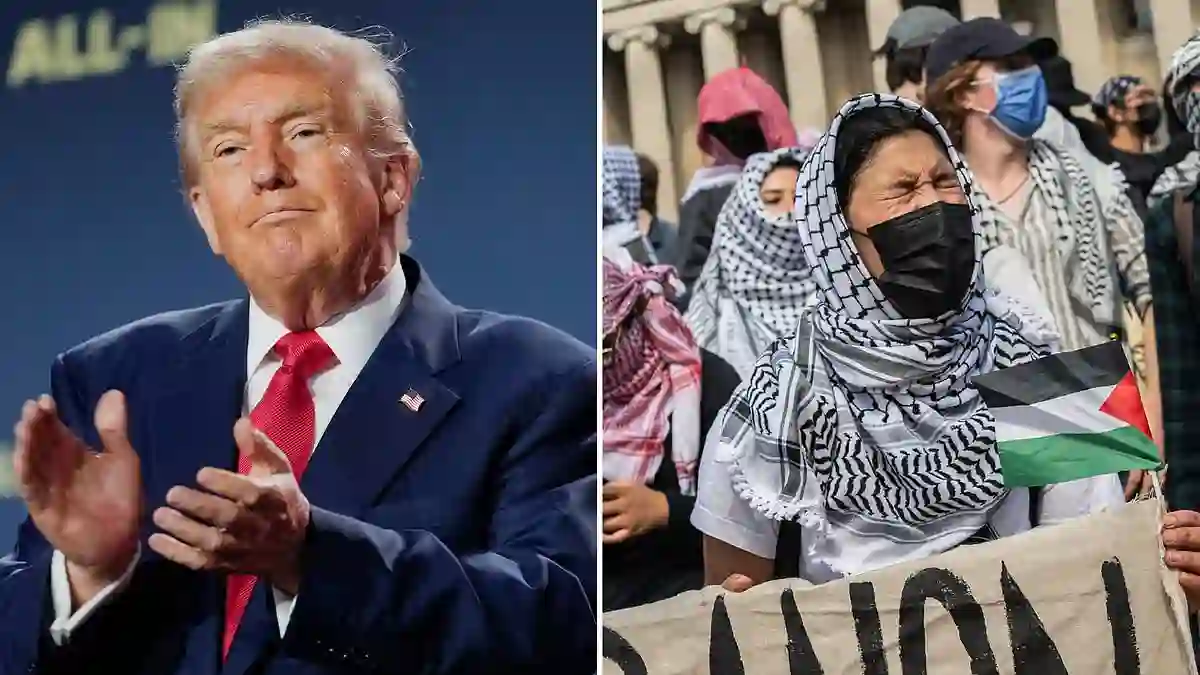What happens when one of the world’s top universities gets caught in the crosshairs of a federal crackdown?
For Columbia University, it meant months of tension, a loss of federal funding, and now—an eye-watering $220 million payout to get back in the government’s good graces.
Here’s how it all unfolded.
Columbia Strikes $220 Million Settlement to Recover Federal Research Money
Columbia University has officially agreed to pay $220 million over the next three years as part of a major settlement deal with the Trump administration.
The move comes after the White House suspended hundreds of millions in research grants, accusing the Ivy League school of failing to curb antisemitism on campus.
In a statement released Wednesday, acting University President Claire Shipman called the agreement “an important step forward” following a long stretch of federal scrutiny and public uncertainty.
Trump Administration Took Action Over Campus Antisemitism During War
The trouble began when the Trump White House pulled the plug on Columbia’s federal funding during the height of the Israel-Hamas war in late 2023.
Officials claimed the university failed to adequately respond to a rise in antisemitic incidents tied to the pro-Palestinian protests on campus.
As a result, Columbia agreed to a number of strict conditions laid out by the administration, including changes to its student conduct system and a new, formal definition of antisemitism that aligns with federal expectations.
EEOC Settlement Adds Another $21 Million to the Total Bill
On top of the massive federal settlement, Columbia is also shelling out an additional $21 million to settle separate investigations brought by the Equal Employment Opportunity Commission (EEOC).
Those cases revolved around alleged discrimination concerns unrelated to the protests but were resolved in tandem with the broader agreement.
Columbia Agrees to Sweeping Policy Changes on Curriculum and DEI Programs
As part of the deal, Columbia has committed to a full curriculum review—especially concerning how the Middle East is taught.
The school also promised to appoint new faculty at its Institute for Israel and Jewish Studies and to discontinue any programs that are perceived to promote race-based admissions quotas or unlawful diversity efforts.
They’re also now required to submit reports proving that their Diversity, Equity, and Inclusion (DEI) initiatives aren’t violating federal law.
A monitor will oversee their compliance.
Campus Protests and Disciplinary Actions Escalated in 2025
Despite all these changes, Columbia continues to face tension on campus.
Just two months ago, dozens of students were suspended after staging a protest inside Butler Library, chanting anti-Israel slogans and renaming the building in honor of a controversial Palestinian figure.
Videos from the scene went viral, showing masked demonstrators with drums and banners holding a loud demonstration that ended in a tense standoff when security refused to let them leave without identification.
The university has since handed out over 65 interim suspensions and banned 33 additional people—including students from Barnard College—from entering campus, a move many see as Columbia trying to appease the federal government.
Campus Leadership Faces Pressure and Turnover
Leadership instability has made things more difficult.
With three different interim presidents within a single year, Columbia’s administration has struggled to keep control of the campus climate.
Shipman acknowledged the need for a cultural shift, stating that the settlement aims to protect both academic freedom and safety.
They’ve also agreed to ask incoming international students about their motivations for studying in the U.S. and to implement new processes ensuring all students are committed to civil dialogue.
Columbia Navigates a Tightrope Between Reform and Reputation
While the university maintains it hasn’t admitted any wrongdoing, the financial and institutional changes speak volumes.
Columbia is hoping this deal will reset its relationship with Washington and restore the more than $400 million in research grants it lost earlier this year.
Shipman emphasized that the settlement preserves Columbia’s independence, calling academic freedom and rigorous research partnerships essential to the public good.
What’s Next for Columbia?
With the deal now in place, Columbia will spend the next three years paying off its settlement, rebuilding federal trust, and trying to stabilize its campus.
Whether it can balance reform with its reputation as a bastion of progressive academia remains to be seen.
But one thing is clear—this Ivy League institution is being pushed to change from the inside out, and the world is watching.v
